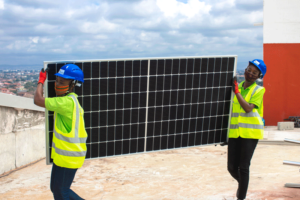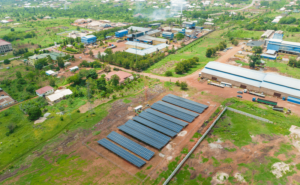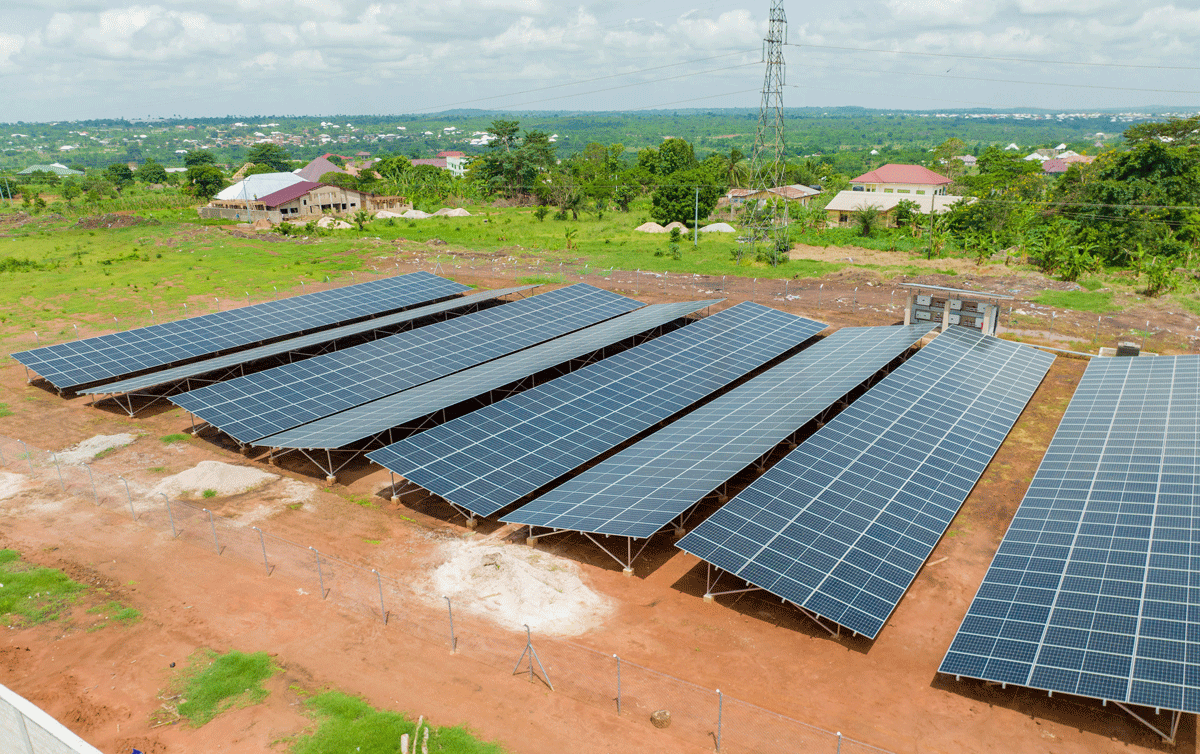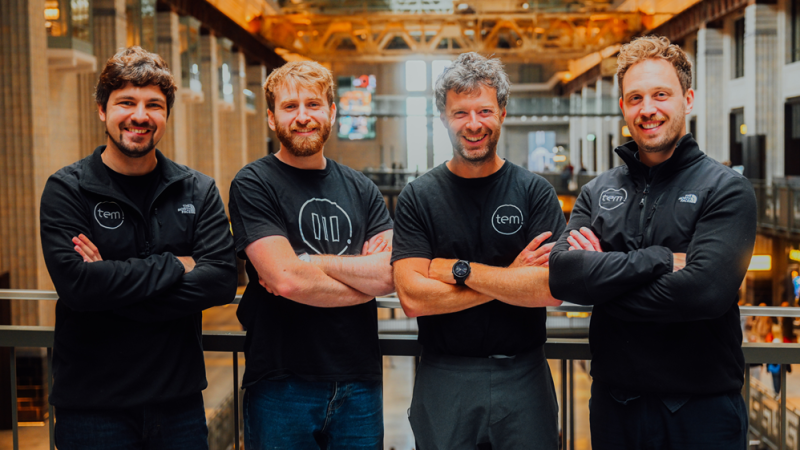Empower New Energy is a unique company, operating as both a co-developer and investor in medium-sized renewable energy projects in Africa.
“What we are doing is bridging the finance gap between the many developers of renewables who do not have capital for their projects, and the many energy users who are suffering from unreliable, expensive or dirty power sources of power,” explains Terje Osmundsen, Empower New Energy’s CEO. “With our investment model, we can bridge that gap and ensure a high-quality project that serves industry, agriculture and residencies which otherwise wouldn’t have happened.”
It all comes down to what Osmundsen called “the New Energy Investment Model.” Under this model, Empower New Energy has already raised all the capital it needs from investors. That means it is free to invest that capital in any project it sees fit as a one-stop-shop, complete financing partner, without having to negotiate the bureaucracy. But Empower New Energy is more than a source of capital.
“As a co-developer, we work closely with developers to meet the sort of quality standards that international investors require,” Osmundsen tells us. “A lot of small developers must go to various investment funds before their project is viable. We offer them the alternative of a platform to work with developers for lean, efficient due diligence before we submit for investment.”
This is not just good for the developers; it is good for investors too. Empower New Energy’s model makes it possible for big investors to go into projects of this size in the commercial and industrial space.
“We are partnering simultaneously with those who build the projects and those who use the energy,” Osmundsen says.
 The Solution Africa Needs
The Solution Africa Needs
Empower New Energy’s unique model is more important than ever in the face of the enormous need and opportunity there is in Africa.
“The numbers are staggering: There are more than 10 million diesel back-up generators operating in Africa, usually as part of businesses, representing more than 150-Gigawatt capacity in Sub-Saharan Africa alone. That’s the equivalent of 250 – 300 large coal power stations. In West Africa, it is estimated that the share of power generated from backup generators equals about 40 percent of annual consumption,” Osmundsen points out. “It is a huge pollution factor, contributing to more than 10% of Africa’s total energy- and industry-related emissions. But it is also a high-cost burden and a hassle for those users.”
At the same time, Africa’s economy is growing fast, and infrastructure is lagging, causing power outages and breaks in supply, creating a need for reliable backup power. The need and potential are there if renewable energy can cover that gap economically.
“You can save the environment and save money at the same time,” Osmundsen says.
To take advantage of those opportunities, there are challenges Empower New Energy must navigate. Africa is a continent of over 55 countries, 40 currencies, and several economic regions and regulatory environments.
“As an international investor you are exposed to risks, but we are working very hard to fine-tune our investment model so that we can offer a good solution in most jurisdictions,” insists Osmundsen.
Empowering Skills Development
In pursuing its development projects, Empower New Energy has devised a partnership model working with local developers and project engineering construction companies to execute its project. But Empower New Energy still needs essential in-house talent.
“We have built a team that is working seamlessly from seven different locations,” Osmundsen points out. “We have 21 team members from 13 different nationalities, so we have invested a lot in enabling that team that can work seamlessly while being closely integrated with the market.”
Empower New Energy has teams in West Africa, East Africa, and North Africa responsible for the day-to-day follow-up on projects. However, sourcing talent has never been an issue in these markets.
“Africa has a huge talent base of passionate and educated people in this sector,” says Osmundsen. “The challenge is related to training people the skills based on our specialised business model. We are investing in building the structural capital, systems and tools that make it easier for new team members to integrate with the organisation.”
The company’s projects are based on contracts with a duration of 10 to 25 years, and during the construction of each project, the company hires local workers to build the plants, creating jobs for the community.
 Partnerships Driving Sustainability
Partnerships Driving Sustainability
As well as bringing work to communities and driving the renewable energy sector, Empower New Energy is also encouraging the adoption of sustainable and environmentally friendly strategies in its partner companies.
The firm has partnered with projects that have been negotiated, developed, and constructed during the pandemic in Ghana, negotiating supply chain and travel challenges to successfully implement a 700-kW peak.
“The project was carried out for the benefit of a local plastic manufacturing company called Miniplast. What we saw was that the transition toward embracing sustainable power also resulted in a drive within the company to do more for the environment,” Osmundsen says. “It is therefore with great pleasure we see our solar energy partner having taken the role as a pioneer in plastic recycling. Miniplast has now received international funding for the set-up of plastic recycling facilities in Ghana, facilities that we will also power with rooftop solar.”
As another example, Empower New Energy is also behind a project in Egypt with a local water utility in the north of the Nile Delta region.
“The government wants farmers to establish themselves to increase food production but there is too much salt in the water for irrigation, so they are not producing a big enough yield,” Osmundsen tells us. “In partnership with the innovative local developer and solution provider Engazaat, Empower New Energy is investing in the first distributed solar-for-irrigation-and-food production plant, an innovative business concept we aim to scale up in other water-restrained areas in Egypt and Africa.”
These projects, while ambitious, are only a sign of things to come. Empower New Energy is working to build a platform that can reduce transaction costs and increase replication benefits. It is a platform that will continue to expand to include new technology and new partners in new countries with new energy users connecting to that platform.
“We are linking developers and builders of renewable plants with energy users looking for a simple, de-risked model,” Osmundsen says. “We give the developer the financing and the energy user the comfort that the project developer will not simply sell, install, and disappear, but be a long-term partner. We will stay there for the 15 to 20 years that we are contractually responsible.”
Osmundsen is also excited about the future possibilities of carbon financing, which Empower New Energy’s projects are ideally suited for.
“For now, there are no carbon credits available for these kinds of projects, but as we see large international companies seeking to be carbon neutral, they are looking for ways to invest,” he says. “We are preparing a pipeline of projects that can unlocked or expanded with carbon credits. It is a unique combination of efficient climate action and economic and social development.”






